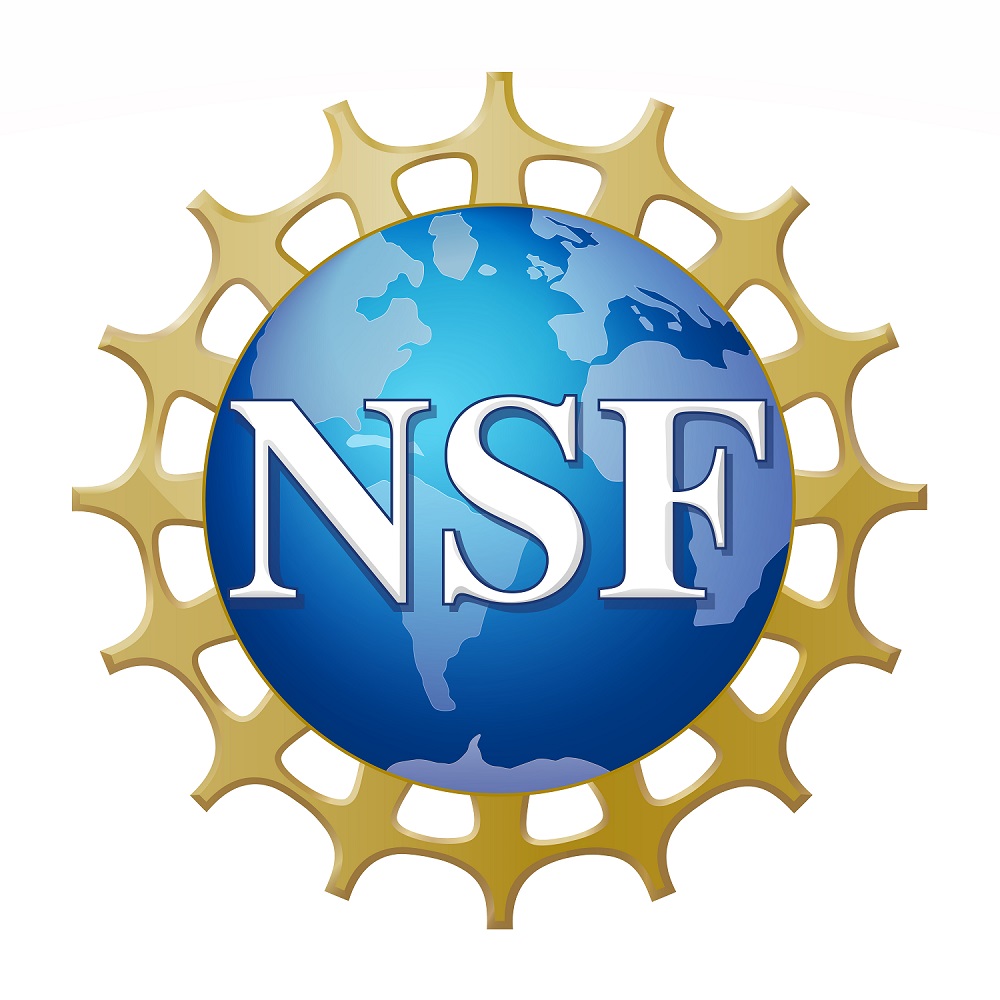
 Harper College has received a $345,647 Advanced Technological Education (ATE) grant
from the National Science Foundation (NSF), the U.S. government’s independent science
agency.
Harper College has received a $345,647 Advanced Technological Education (ATE) grant
from the National Science Foundation (NSF), the U.S. government’s independent science
agency.
The three-year grant will fund a Harper project to enhance career readiness in uncrewed aerial systems – also known as UAS or drone technology – specifically related to biological monitoring and resource management.
“We are very excited to receive this grant from the National Science Foundation’s ATE program to prepare students for emerging career opportunities in using drone technology (UAS) and remote sensing in the biological monitoring and resource management workforce domains in the wider Chicago metropolitan area,” said Mukila Maitha, the project’s principal investigator, associate professor (geography) and coordinator of Harper’s Geographic Information Systems (GIS) and drone programs. “This project adds a specialization to Harper’s drone program which started two years ago and serves as a concrete example of interdisciplinary collaboration.”
The integration of UAS technology into the fields of biological monitoring and resource management presents an opportunity to create a pipeline of STEM technicians with skills in drone operations and remote sensing. The success of this project, funded by Harper’s first NSF grant since 2007, can open the door to expanding the infusion of UAS technology into STEM fields at Harper, as well as surrounding high schools and community colleges that use UAS technology or remote sensing.
In addition, the project can strengthen the college’s capacity to serve the UAS workforce needs of its community, region and state. As such, this project perfectly aligns with Harper’s strategic goal involving the development of programming that addresses local workforce demands, as well as goals related to interdisciplinary collaboration and creating innovative learning opportunities for students.
“This is an emerging technology in the fields of conservation and restoration,” said Crystal Peirce, the project’s co-principal investigator, assistant professor and Biology department chair. “Monitoring wildlife populations, examining complex hydrology and aerial surveys of sites are all possible with drones. By focusing on this domain, students in the Drone Certificate Program develop workplace skills and have an opportunity to partner with organizations such as Citizens for Conservation and the Northwest Mosquito Abatement District (NWMAD) to solve real world challenges.”

Maitha and Peirce prepared the grant proposal with mentoring and technical support from Mentor-Connect, which provides mentoring and technical resources to help two-year college faculty write competitive grant proposals. Mentor-Connect is an ATE project led by Florence-Darlington Technical College in partnership with the American Association of Community Colleges. The two Harper faculty leaders received support from colleagues Magdalena Dolas, manager, grants administration; and Darice Trout, formerly the interim dean of Business and Social Sciences and now the senior director of Workforce Solutions and job placement.
The ATE program focuses on the education of technicians who work in high-tech fields that drive the nation’s economy. Because two-year community and technical colleges are the leading sources of technician education in the U.S., faculty from these higher education institutions have had leadership roles in most ATE projects since the program began in 1993.